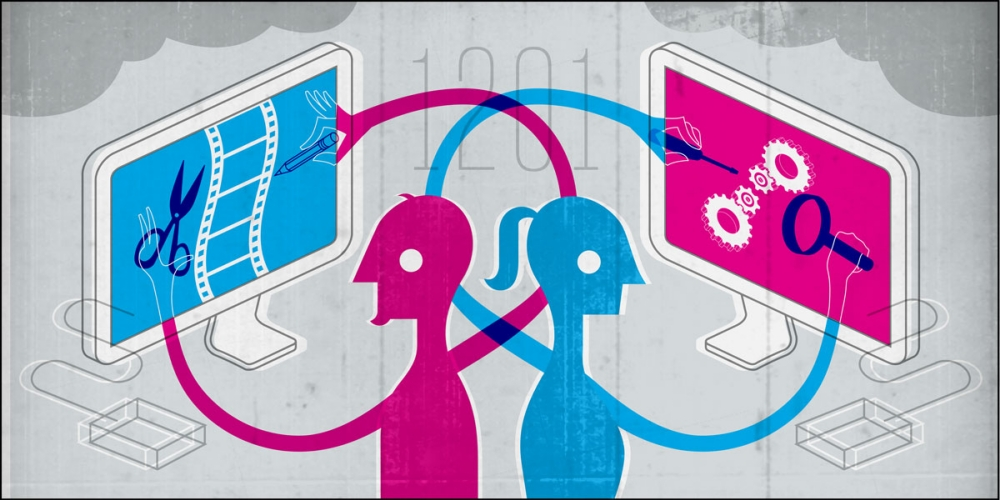Electronic Frontier Foundation (EFF) formally requested by a federal appeals court to decriminalize certain provisions of the Copyright Act used by Digital Millennium Copyright Act (DMCA). The EFF says these provisions violate the First Amendment (Right to Free Speech).

Specifically, the EFF refers to Section 1201 of the DMCA, which currently makes it illegal to violate software, and limits her access on legally purchased materials because they are protected by copyright. Essentially, the EFF believes that this section places severe restrictions and the fear of prosecution on people who wish to speak out or access details of software they purchased legally.
Article 1201 of the DMCA was originally intended to protect artists and creative content such as songs. However, the same article has been used to limit the ability of people to access, use, or even talk about copyrighted material.
Of course the EFF wants to address the growing number of threats to the movement"Right to repair".
The law, as it currently stands, makes it a crime to create or share tools or even videos about productor copyrighted software. Simply put, even discussing or deconstructing legally purchased material could be a criminal act under Section 1201 of the DMCA, EFF Chief Legal Officer Kit Walsh said, explaining the need to repeal the provision:
"Section 1201 makes it a federal crime for our customers, and others, to exercise their right to free expression by participating in research, creating software, and publishing their work. This creates a censorship regime under the guise of copyright law that does not can exist under the First Amendment."
Of course, in order for the EFF to change the status quo, it will have to go through a long and costly process, which takes place every three years.





